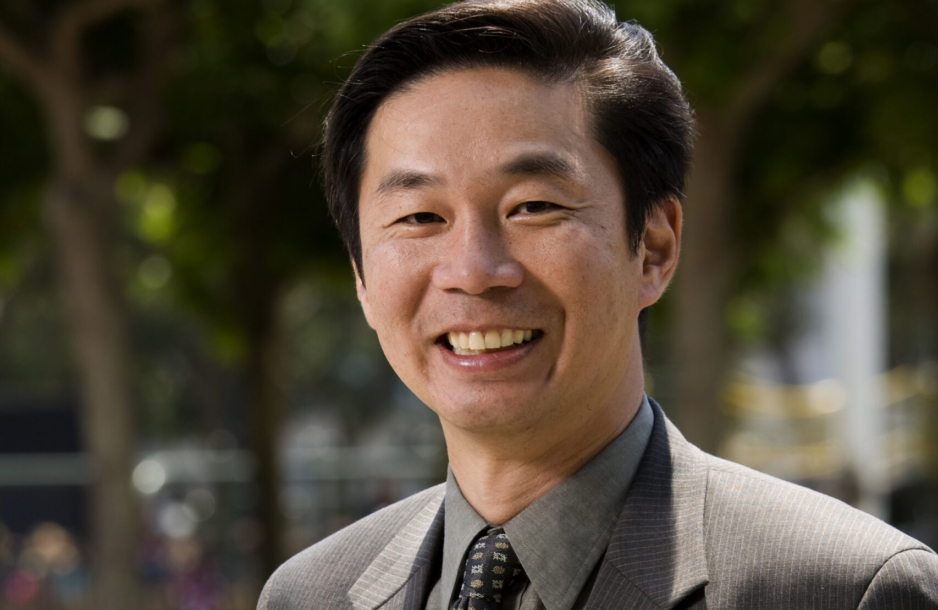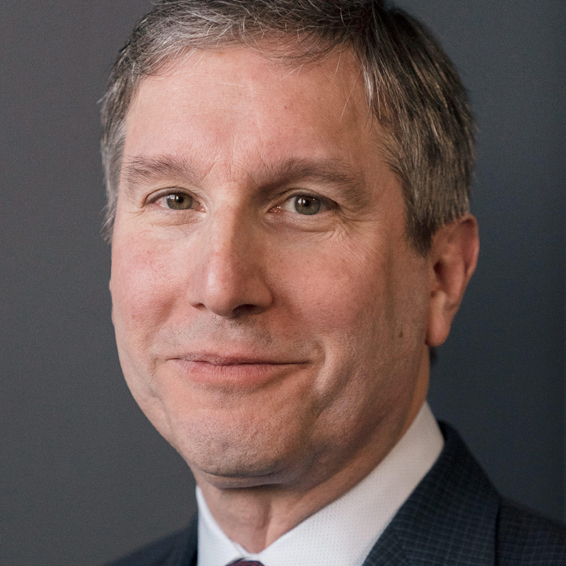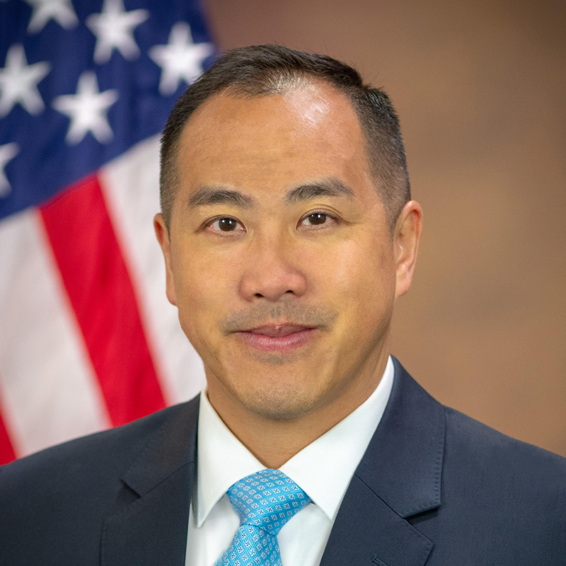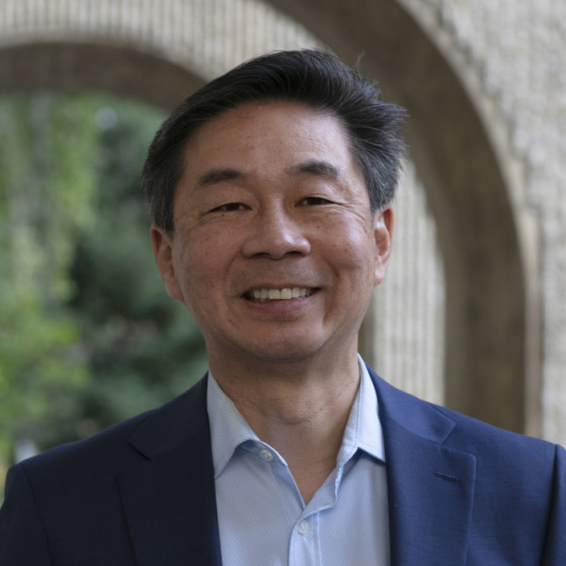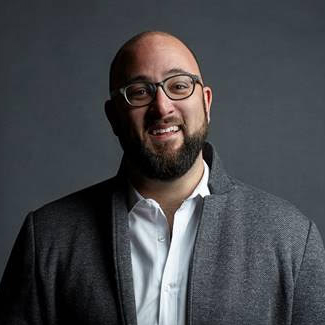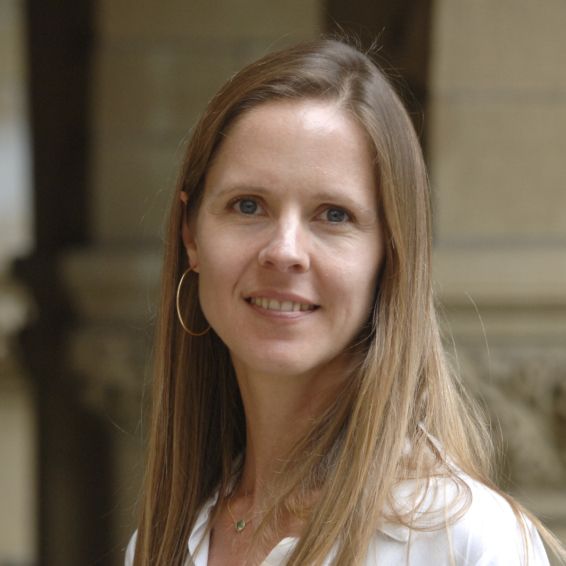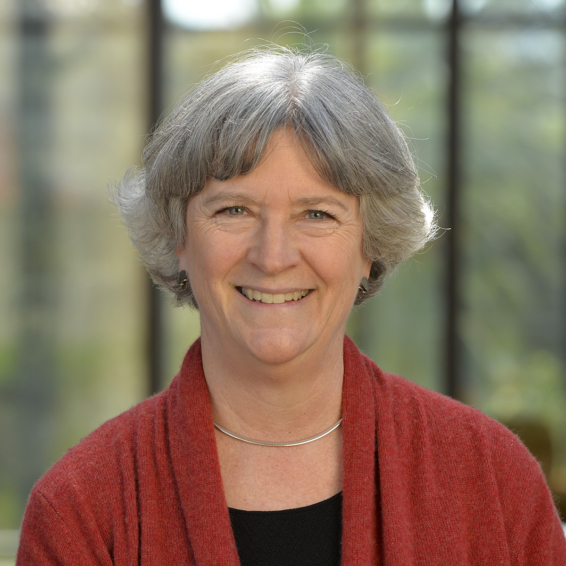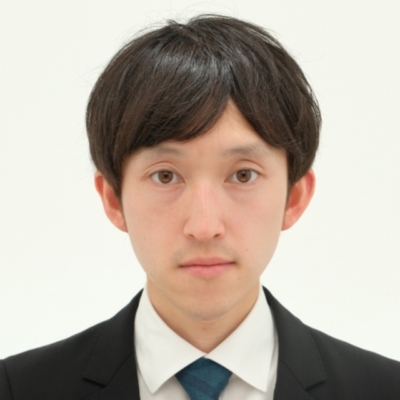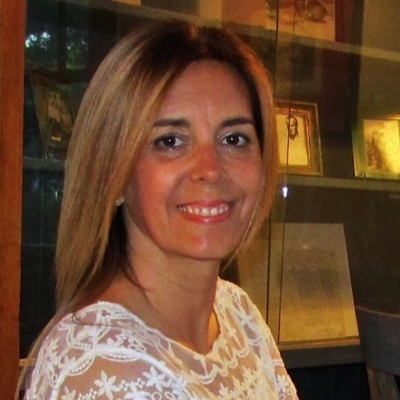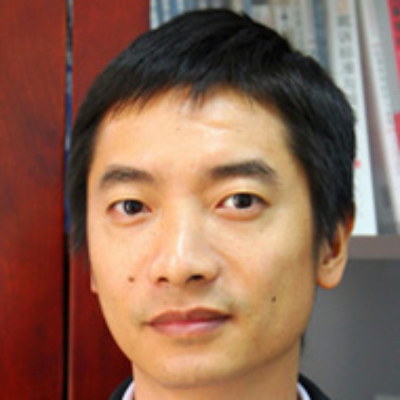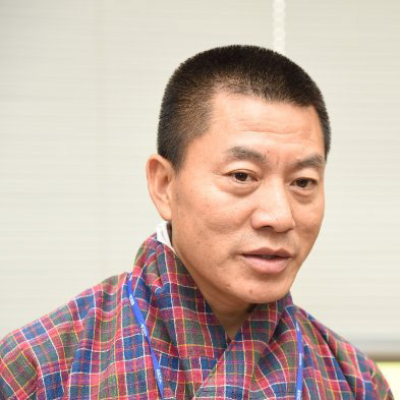Negotiation, mediation, facilitation, arbitration, and dispute systems design are key to being a skilled and successful lawyer. The basic skills and theory of dispute resolution are offered through the Gould Negotiation and Mediation Program and closely related courses that make up the core Alternative Dispute Resolution (ADR) curriculum at Stanford.
The core ADR program at Stanford Law School includes: eight sections of the Negotiation Seminar; three sections of Advanced Negotiation Seminar (with an emphasis on transactions, public policy, or international); Mediation Seminar; and courses on Arbitration in America, Alternative Dispute Resolution, Dispute System Design, Facilitation for Attorneys, International Business Negotiation, and a number of policy labs.
The Negotiation and Mediation Program seminars are always small (no more than 20 students each), to maximize the opportunity for students to exercise their ethical judgment, dispute resolution skills, and personal style. The core courses are taught through simulated problems, so that students can develop their legal and analytical skills, and integrate the appropriate theory into their behavior.
All of the simulation-based courses are taught in small seminars by the sixteen faculty members of the Negotiation and Mediation Teaching Team. More than 270 Stanford Law students mix theory and practice in these seminars annually. Beginning July 2026, the NextGen bar exam for the first time will test a broad range of foundational lawyer skills including negotiation and dispute resolution.
Most of the Negotiation and Mediation courses are taught at the third floor of Crown in a flexible, multi-use environment where students can practice, be videotaped, and debrief their experiences.
Other Stanford Law School courses offer more specialized negotiation, mediation, or other dispute resolution opportunities. Examples include Federal Litigation, Deals, International Business Transactions, SCICN Seminar, and the Mills Law Clinics.
Essay Contest: Nappert Prize in International Arbitration
Deadline for submission: April 30th, 11:59 PM Eastern Time.
Learn MoreCourses
Autumn 2023
Spring 2024
Publications

The Class of 2002 Fellowship in Conflict Resolution
The Class of 2002 Fellowship in Conflict Resolution is a source of funding for Stanford Law students. It serves as a resource for those interested in pursuing academic research or hands-on fieldwork in conflict resolution.
The program is currently not accepting fellowships applications.
learn more

